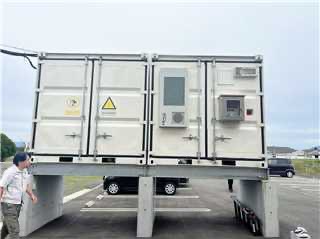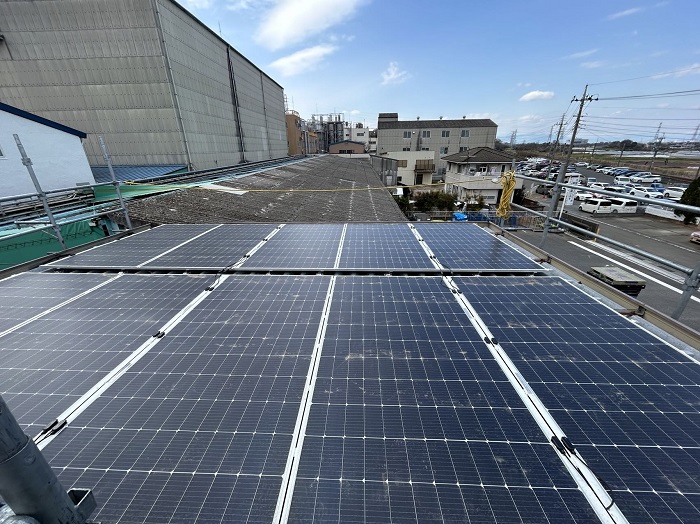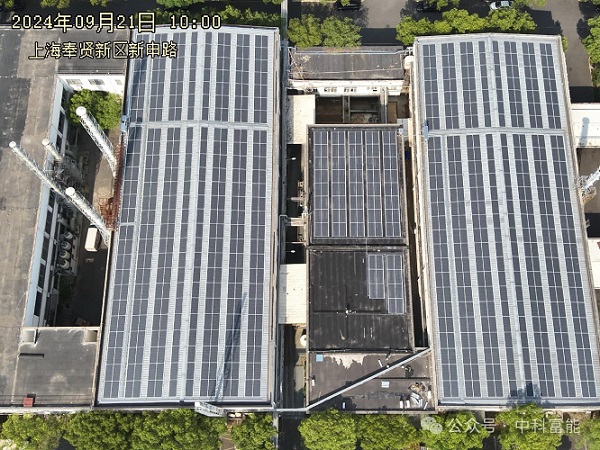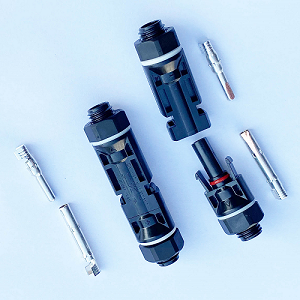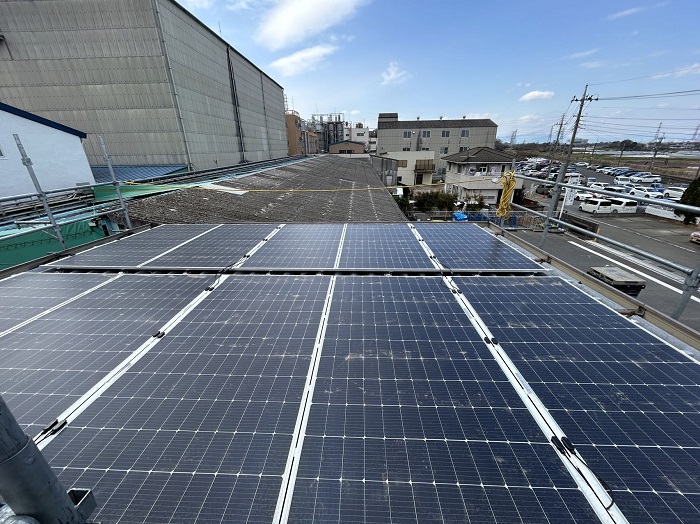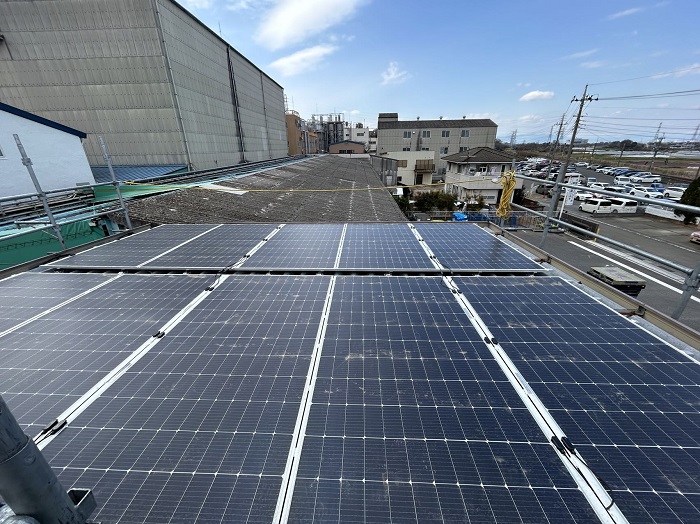May 27, 2025
Special glue for mounting lightweight flexible solar panels
Subject: Special glue for mounting lightweight flexible solar panels Innovative Bonding Technology, Empowering a Green Energy Future 1,Dual Filtration, Superior Quality Equipped with a two-stage high-efficiency filtration system , effectively removes impurities and particles from sealants, ensuring adhesive purity. Significantly enhances component sealing performance and reduces failure risks caused by contaminants. 2,Peak Performance, Industry Benchmark ①Aging Resistance: Passes dual "85" high-temperature/humidity tests, UV aging, and thermal shock tests. Resists yellowing, moisture, and corrosion, adapting to extreme environments. ②Strong Adhesion: Excellent bonding to anodized aluminum, tempered glass, TPT/TPE backsheets, and PPO junction box materials, ensuring long-term stability. Adhesive flexible solar panel, resistant to 17-level typhoon and 2M heavy snow. ③Low Water Vapor Transmission Rate (WVTR): Designed for double-glass and thin-film modules, effectively blocks moisture ingress and delays cell efficiency degradation. ④Quick drying: Single-component products achieve surface drying in 10-15 minutes at room temperature and full curing in 24 hours, compatible with assembly line production. 3,Eco-Safe, Globally Certified ①Solvent-free, low odor. Certified by SGS, UL, TÜV, ISO 14001, and compliant with RoHS & QC080000 hazardous substance control standards. ②Non-toxic after full curing, ideal for environmentally sensitive PV projects. SEAFOREST launches 400W, 470W, 480W, 520W, 555W, 560W lightweight flexible solar panel, exported to Japan, Europe and Australia, and glue can be used for installation. If you need glue, please contact: www.seaforestpv.com Whatapp: 86-13606089112
View More
